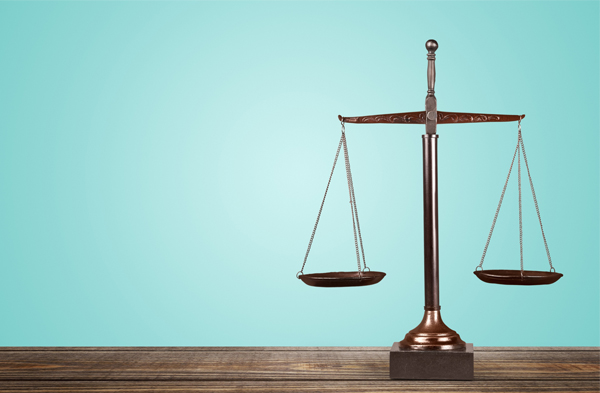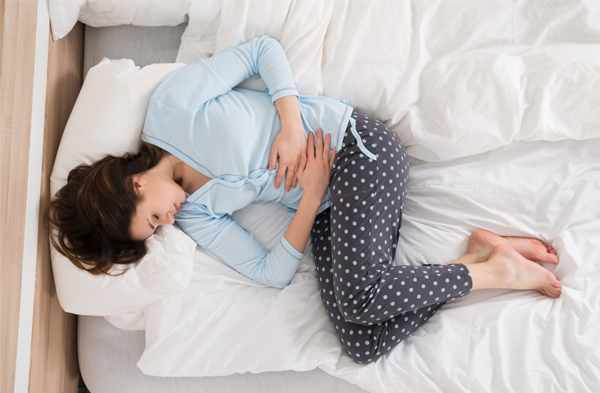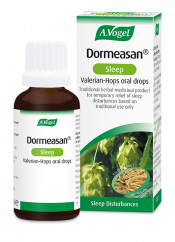Why is your liver so important?
Your liver is arguably one of the most important organs in your body – it’s the only organ in your entire body that’s capable of repairing itself and it performs more than 500 vital bodily functions. Nevertheless, the liver can easily become upset due to a variety of factors, from stress, to obesity to overindulging in the wrong food products, but sometimes the symptoms that are presented are not always obvious.
For example, here are just a few symptoms you may experience if your liver is unhappy:
- Itchy skin
- Fatigue
- Nausea
- Constipation
- Mood swings
These are not always symptoms we would immediately associate with our liver, so often they go ignored or you misdiagnose them. Unfortunately, liver issues are becoming a bigger problem in today’s society, with diseases such as fatty liver disease and cirrhosis becoming more and more common – in fact it’s estimated that non-fatty liver disease (NFLD) affects 80-100 million in the USA!1
This is a real problem and it is really important to be aware of your symptoms and to try and support your liver health wherever you can. Interestingly though, studies have revealed that a correlation exists between your liver and your sleep patterns, with those suffering from liver problems such as cirrhosis often exhibiting disturbed or upset sleep patterns.2
How does your liver affect your sleep patterns
Okay, it’s to be expected that if you suffer from a liver disease such as cirrhosis, you will experience a whole plethora of symptoms.
However, your liver doesn’t need to be that badly damaged for you to notice the impact on your sleep pattern. If you’ve read my blog, ‘Not sure what’s waking you up at night?’ you’ll be aware that, in Chinese Medicine, sleep disturbances between 1-3am are often linked to the liver but why? How does this organ affect your sleep?
Your liver is responsible for deactivating your hormones
As I mentioned earlier, your liver plays a critical role when it comes to your hormones. Your liver isn’t responsible for secreting or producing your hormones – that job belongs to the numerous endocrine glands located around your body as well as organs such as you ovaries – but your liver does deal with these hormones once they have served their purpose.
Once the hormones circulating in your system have accomplished their task, whether it be triggering a stress reaction or getting you ready for ovulation, they report to your liver, where they are broken down and deactivated – this prevents a hormonal imbalance from occurring.

When it comes to your sleep pattern, many different hormones can have an effect but let’s look at the two main hormones that govern your sleep-wake cycle – cortisol and melatonin.
Cortisol is a stress hormone that is usually secreted just before you wake up in the morning so you feel refreshed and energised for the day ahead. Melatonin, on the other hand, is produced as natural light fades, helping you to feel relaxed and sleepy in preparation for bedtime.
Your liver can influence these hormones in a couple of ways. Firstly, if you’re prone to stress or anxiety, it may mean that your blood levels of cortisol become elevated, thereby increasing your liver’s workload when it comes to deactivating this particular hormone. In cases of chronic stress, your liver may become overwhelmed, meaning that excess cortisol may remain in your system for longer – not ideal for your melatonin levels or your sleep patterns!
Is it possible for excess melatonin to remain in your system like cortisol? Yes, but since cortisol is released as part of a stress reaction, higher levels of blood cortisol are more common. However, if you are suffering from a troubled liver, it is possible that your liver may struggle to breakdown melatonin. This may result in increased bouts of daytime fatigue followed by night-time alertness when your liver finally gets around to deactivating the melatonin still circulating in your system.3
Your liver stores and produces glycogen
Glycogen is produced in your liver using leftover glucose (sugar) and is stored as an energy source that can be used by your body. For example, when your blood glucose levels start to fall, your liver can break glycogen down to release glucose into the bloodstream to help give your body some fuel.
Under normal circumstances, this system works well, however problems can arise. Stress can really take a toll on your liver because it depletes your liver’s stores of glycogen, which is used to produce stress hormones like adrenaline. Eventually, your liver will become fatigued from producing more and more glycogen, which will cause your blood sugar levels to become very high, upsetting your sleep patterns.
You also have to consider too, that when your blood glucose levels are high, your body will be secreting more insulin. Unfortunately, when your insulin levels are high, it can cause your liver to produce more fat and cholesterol, which can place you at risk of developing NFLD.
Your liver can impact your digestion
As our Digestion Advisor Ali mentions in her blog, ‘How healthy is your liver?’ if your liver is sluggish, it can have an impact on your digestive system. As Ali explains, your liver is responsible for breaking down fats and, if it isn’t performing this role properly, it means that fat can enter your bowels, giving rise to symptoms such as diarrhoea or constipation.

I talk a bit more about how your digestion can affect your sleep patterns here, but generally, if your digestion is poor during the night you will definitely know about it. Unfortunately, sleep deprivation can also impact your digestion so a vicious cycle can form, with one symptom persistently agitating and encouraging the other.
What can you do to support your liver?
If you’re looking to support your liver there are a number of steps you can take.
1 - Eat more liver-boosting foods! I’d recommend checking out our nutritionist Emma’s blog ‘What are the best foods to eat for your liver?’ This blog contains plenty of suggestions for how to support your liver through your diet, listing a few liver-boosting foods and drinks. It’s also important to bear in mind that certain foods can upset your liver – the most obvious among these is alcohol – but too much sugar and refined carbohydrates can also have an adverse effect by upsetting your blood glucose levels. Instead, use the mantra that ‘fresh is best’ and focus on getting plenty of fruit, veg and lean protein into your diet!

2 – Exercise: Exercise is a great way of staying fit, getting your heart pumping and even aiding your sleep patterns. When you exercise the blood gets pumped around your body faster, which as Ali points out, means that your liver is also getting a healthy supply of oxygen and nutrients while any waste gets filtered away allowing for a more effective and healthier liver! If you’re looking to get started with some simple exercises, why not check out our Get Active Advisor Gillian’s blog, ‘An easy 10 minute workout for beginners.’
3 – Detox: You’ve probably already heard of ‘detoxing’ but this practice isn’t all about living off kale juice for a week. When properly done, partaking in a detox is an excellent way of cleansing your liver, removing impurities and focusing on nutrient-rich foods. This doesn’t mean that you have to skip meals – in fact, I’d argue that skipping meals may do more harm than good!
Instead, as before, focus on getting plenty of organic fruit and veg into your diet and reduce your intake of processed foods, fats, refined sugar or anything with more than a handful of ingredients. Emma’s Juice Boost is an excellent regime to follow as it incorporates plenty of balanced meals in addition to including Biotta’s Organic Vegetables Juices.
4 – Don’t be  afraid of herbs: Milk Thistle, Dandelion and Artichoke are excellent herbs when it comes to supporting and encouraging your overall liver function. Milk Thistle has been traditionally being associated with liver health and removing the build-up of toxins while Dandelion has a gentle cleansing action. You can find a combination of these herbs, in addition to Peppermint and Boldo in our Milk Thistle Complex.
afraid of herbs: Milk Thistle, Dandelion and Artichoke are excellent herbs when it comes to supporting and encouraging your overall liver function. Milk Thistle has been traditionally being associated with liver health and removing the build-up of toxins while Dandelion has a gentle cleansing action. You can find a combination of these herbs, in addition to Peppermint and Boldo in our Milk Thistle Complex.
2https://www.sciencedirect.com/science/article/pii/S0422763812000672
4https://www.liverdoctor.com/what-every-diabetic-should-know-about-liver-disease/








